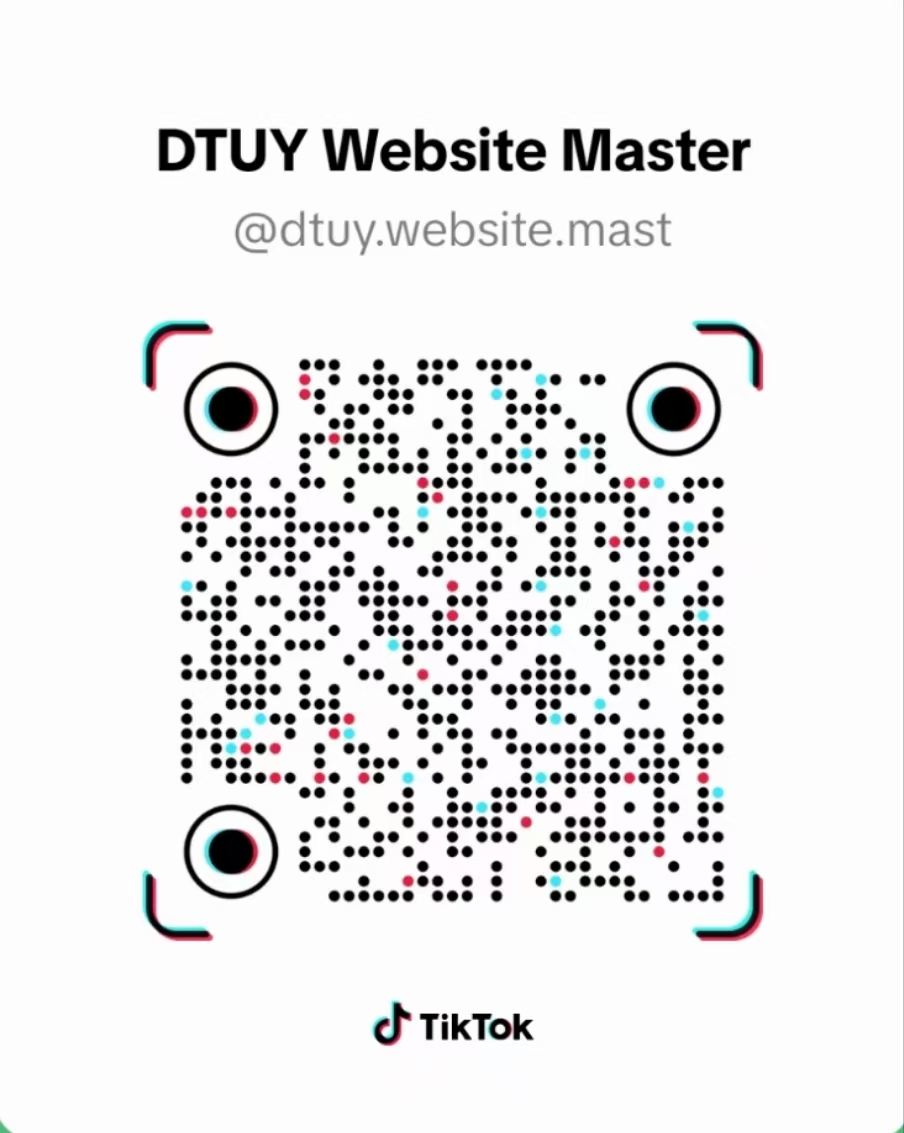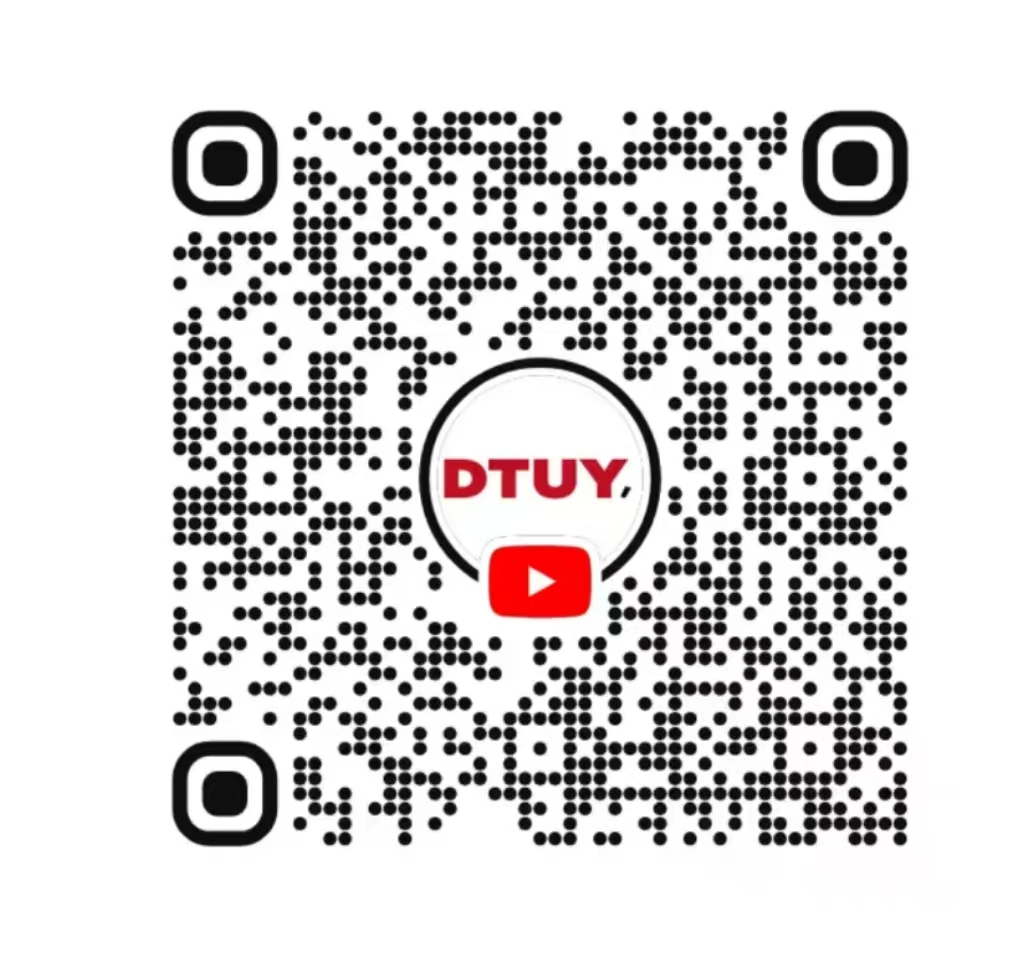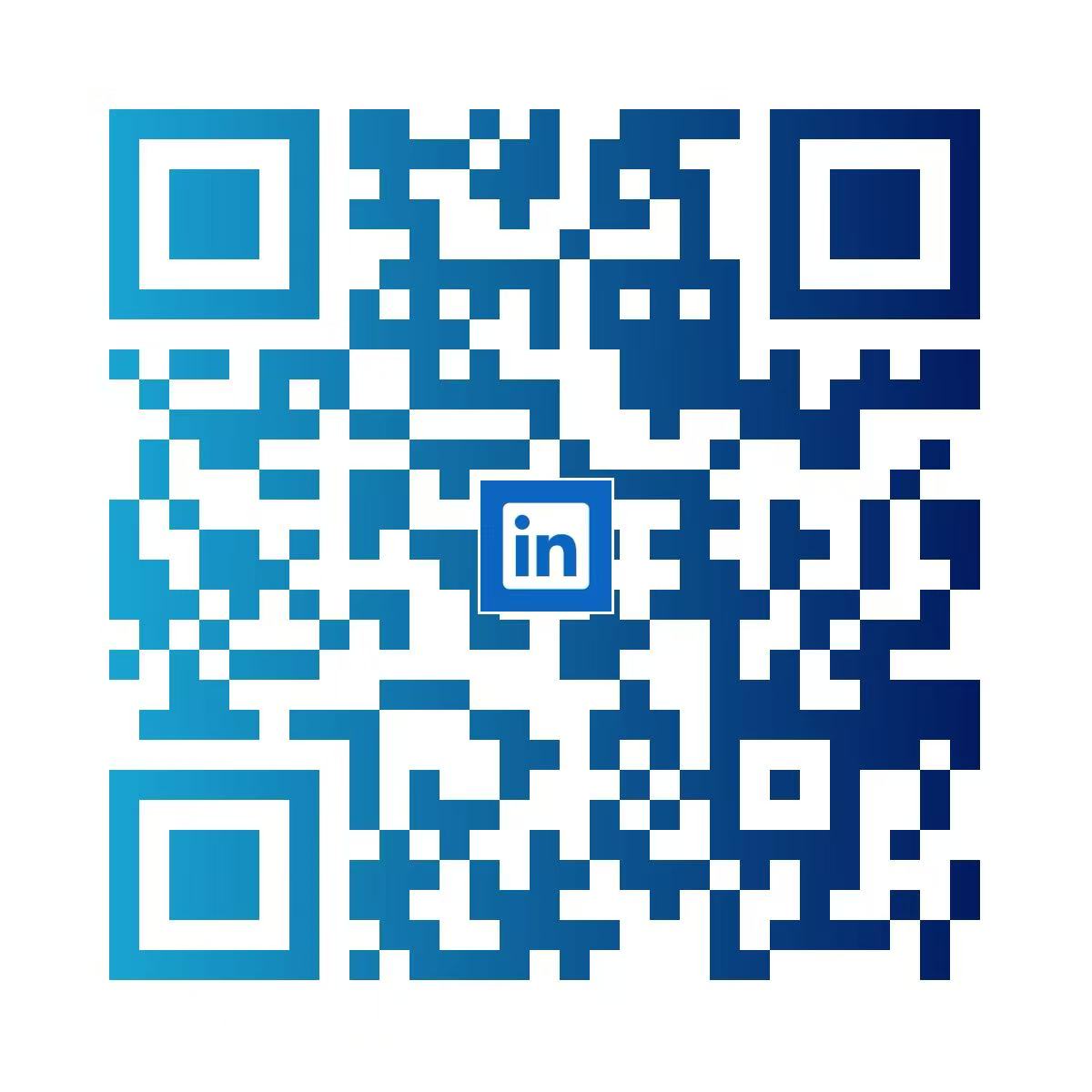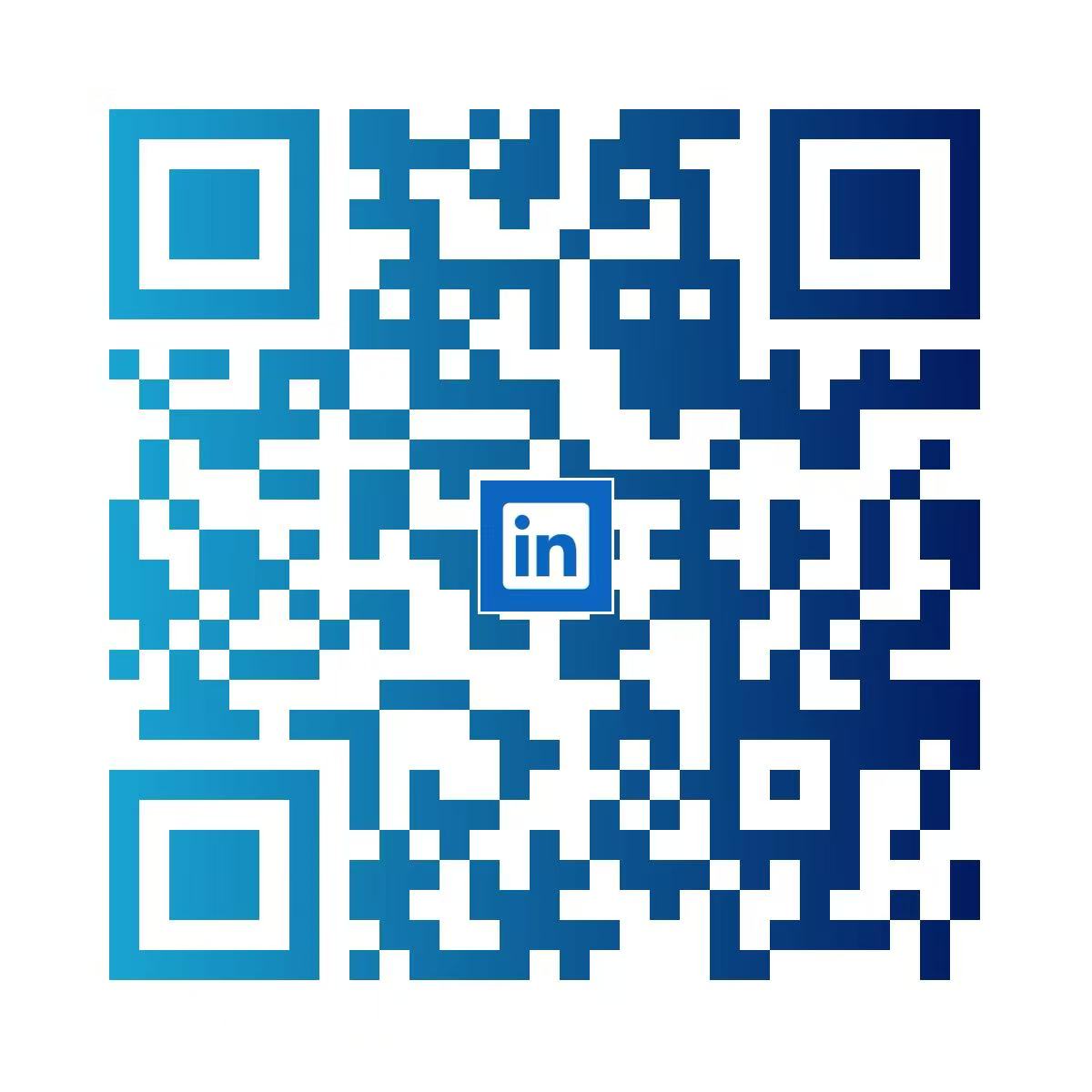In the process of website construction, domain name, as the first digital asset of a brand, directly affects user cognition, search engine optimization (SEO) and brand credibility. Many enterprises mistakenly believe that registering an available domain name can be fully applied, but ignore the adaptability of domain name to the global market, which leads to the subsequent traffic conversion being blocked. The following are the specific manifestations and solutions of this misunderstanding:
First, the domain name is complex and difficult to remember, lacking brand relevance
In order to pursue uniqueness, many enterprises choose domain names (such as best2025techsolutions.com) containing uncommon words, long strings of letters or numbers in the construction of enterprise websites. This kind of domain name is not only difficult to remember, but also increases the risk of user input errors. The correct way:
1. Short and easy to remember: 6-12-character domain names (such as shein.com) are preferred for users to repeat and spread.
2. Brand association: Incorporate the enterprise name, core products or industry keywords into the domain name (such as alibaba.com). If the target market language is English, it is necessary to ensure that the pronunciation of the domain name conforms to local habits.

Second, ignore the cultural differences in the target market
For example, some corporate websites in China will directly use Chinese Pinyin or literal translation words as domain names, such as "xiongmao.com" (Panda), but such domain names may lack recognition among overseas users, and even cause ambiguity due to cultural differences. The correct way:
1. Localization adaptation: investigate the language habits of the target market, and give priority to English words or international abbreviations (such as tiktok.com).
2. Avoid sensitive words: avoid using words that may involve religion, politics or slang, such as the taboo of the number 4 or 13 in some areas.
Third, improper choice of domain name suffix
Some enterprises choose to add minority suffixes (such as [.xyz] and [.info]) to their websites to save costs, but these suffixes lack professionalism in overseas users' cognition, and even are mistaken for junk websites. The correct way:
1. Choose the mainstream suffix: give priority to international common suffixes such as [.com][.net], and consider emerging suffixes such as [.co][.shop] if they are already occupied.
2. Regionalization strategy: register country suffixes (such as [.uk] and [.de]) for specific markets, but they must be used in coordination with the localization operation team.
Fourth, the trademark search was not carried out, and legal risks were buried
Domain names similar to well-known brands (such as amaz0n.com) will appear directly on the websites of some enterprises, and they may face trademark infringement lawsuits, which may lead to the forced recovery of domain names. The correct way:
1. Trademark pre-inspection: Check the legality of the domain name through the World Intellectual Property Organization (WIPO) or the trademark database of the target country.
2. Defensive registration: Buy common misspelled domain names (such as facebok.com) and jump to the main station to avoid traffic loss.
Fifth, ignore the long-term protection of brand domain names
Many enterprises only register a single suffix, which leads competitors to preempt other suffixes (such as [brand.cn] and [brand.net]) and dilute brand traffic. The correct way:
1. Full suffix coverage: register at least [.com][.net][.org] and major country suffixes.
2. Regular renewal: set up automatic renewal reminder to avoid malicious cybersquatting of domain names due to expiration.
If bosses think that self-registered domain names are too complicated, DTUY provides one-stop domain name and website building services for enterprise website construction, covering all aspects such as domain name registration, server deployment, legal compliance and long-term maintenance. The specific services include:
Giving away domain names: During the service period, domain names with international common suffixes such as. com/.net are provided free of charge, and the ownership belongs to the enterprise to avoid trust problems caused by improper suffix selection.
Cloud server deployment: using an efficient combination of independent hosts and cloud hosts instead of virtual hosts; Effectively guarantee the safe and stable access of the website and have the ability to prevent attacks.
Content construction: set up a professional team to investigate the language habits of the target market, avoid sensitive words such as religion and politics, and write brand stories for enterprises.
Long-term maintenance: the service content runs through the whole process to ensure the worry-free operation of the website.
The misunderstanding of domain name selection listed above is easy to be made by many enterprises in website construction. Enterprises need to abandon the extensive thinking of "just use it" and comprehensively evaluate it from the dimensions of brand strategy, cultural adaptation and legal compliance, so as to gain a firm foothold in overseas markets. If you have any problems in the operation process, DTUY is willing to help you solve them, improve the service and help you create a unique website design service.




 123
123

















